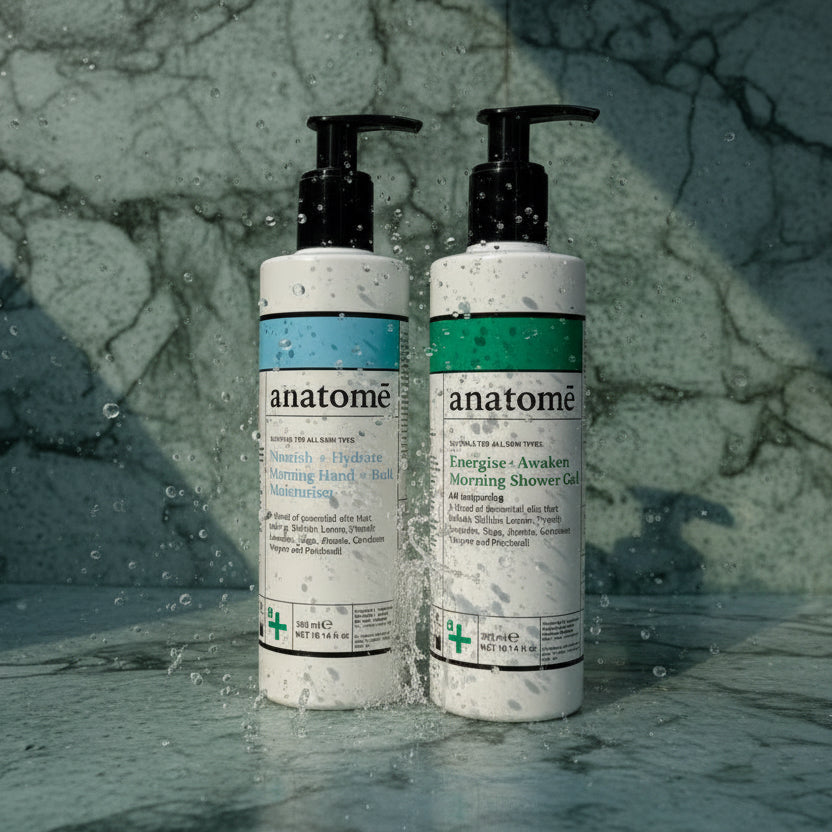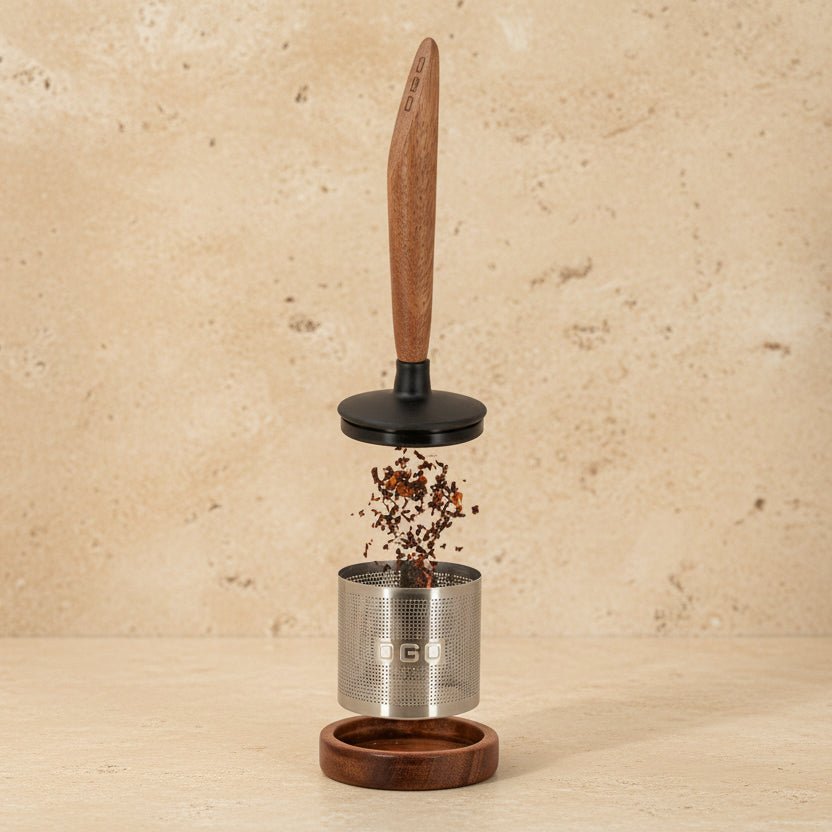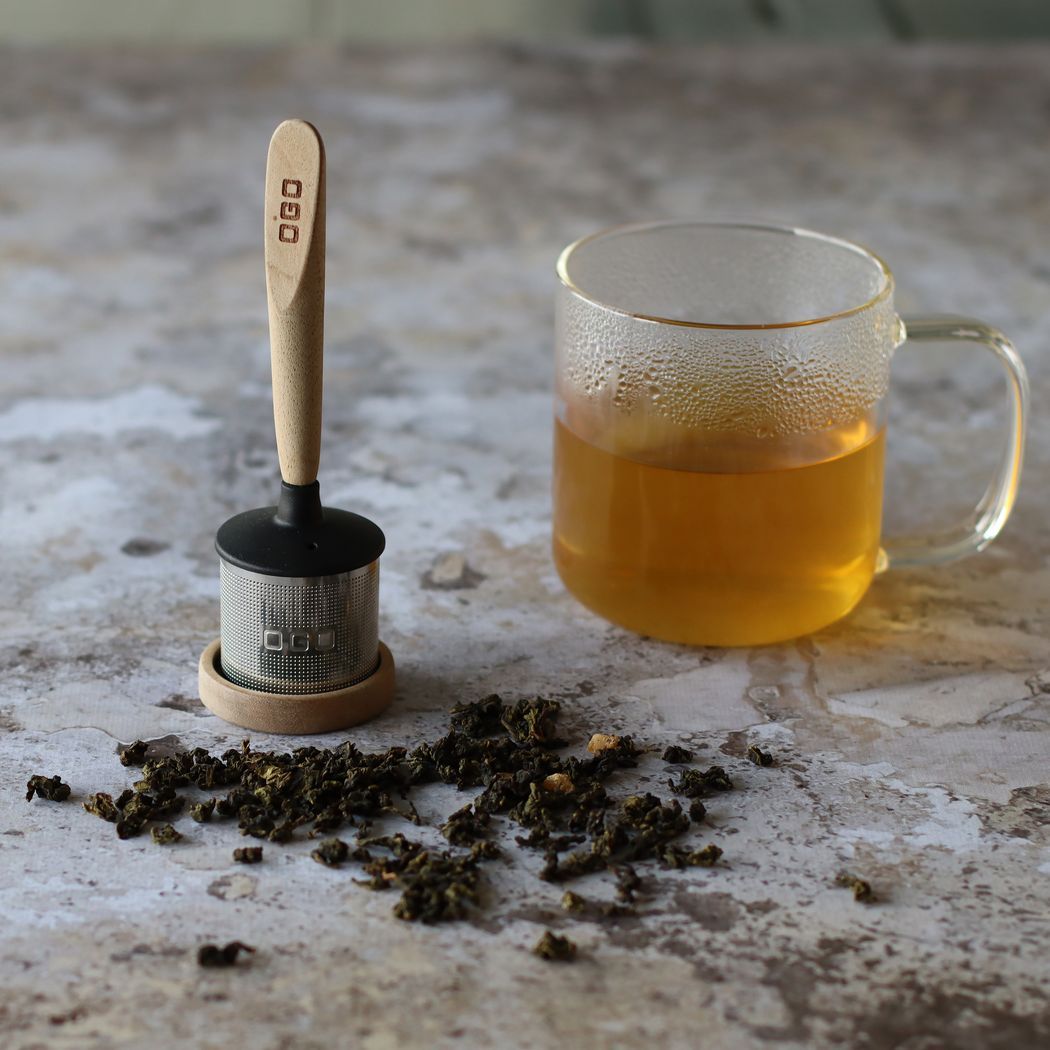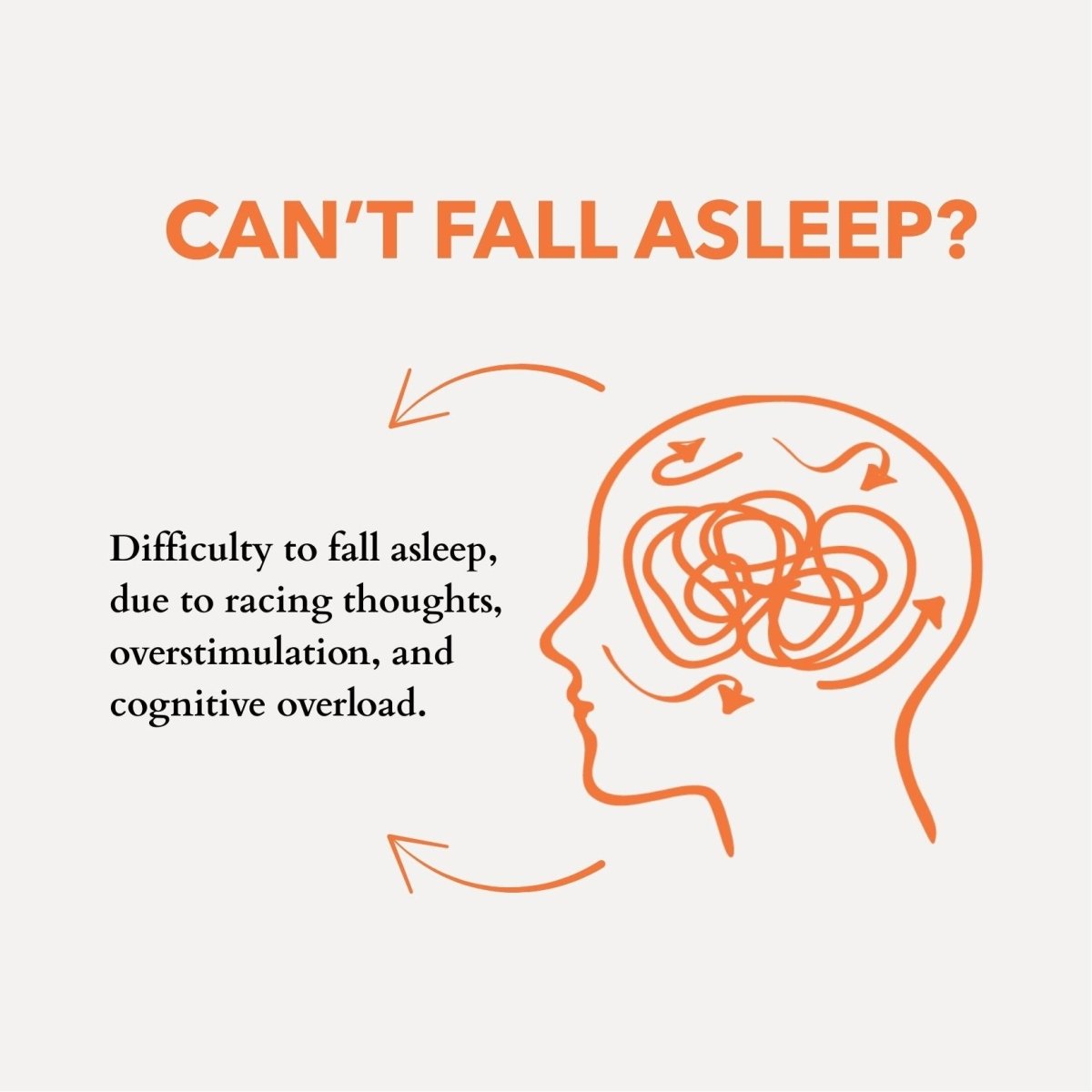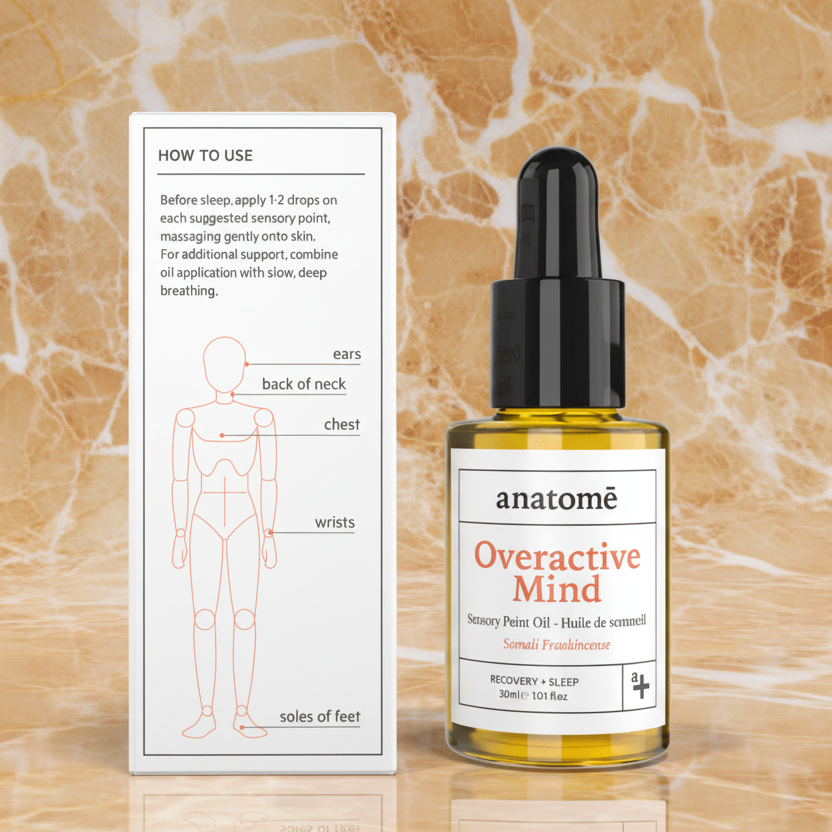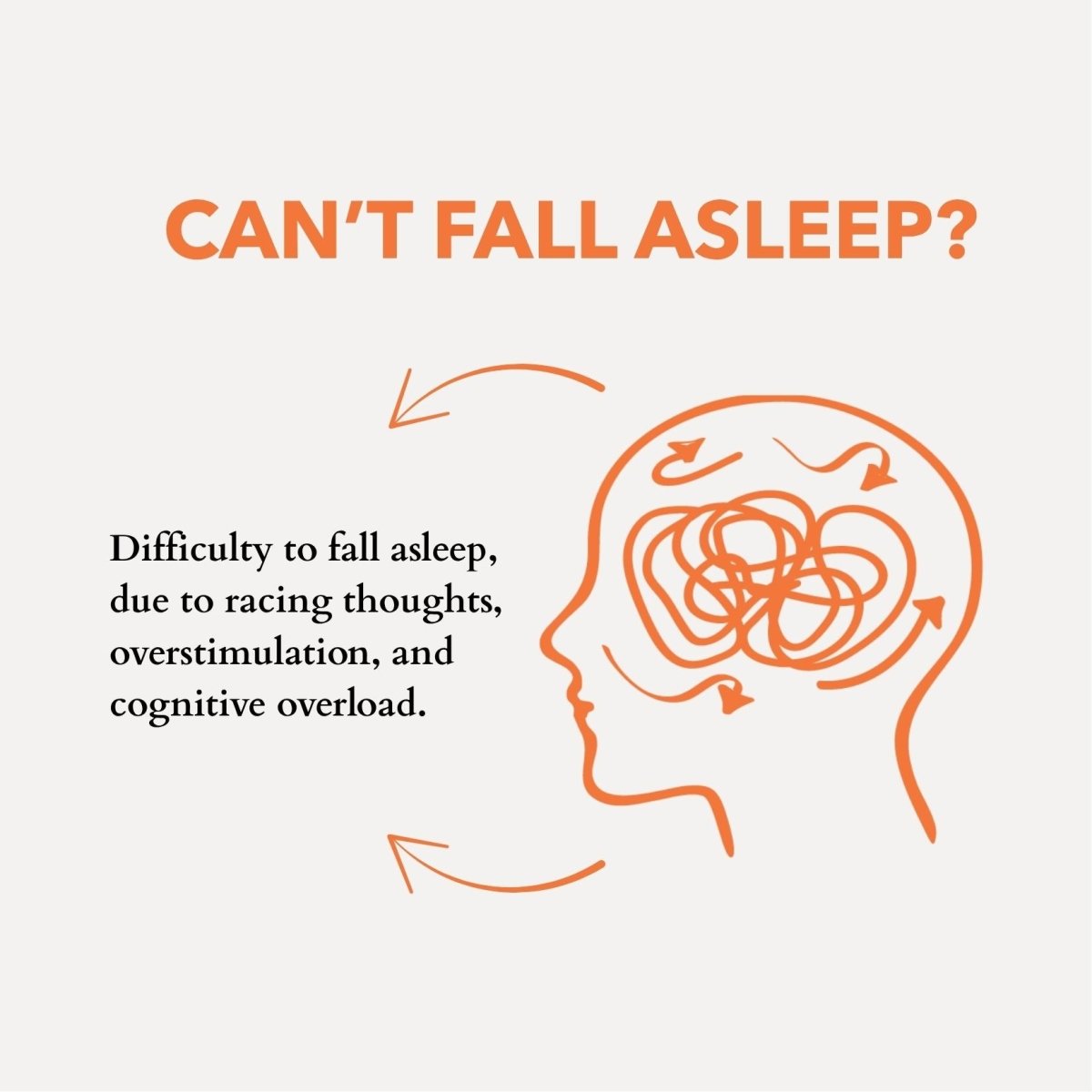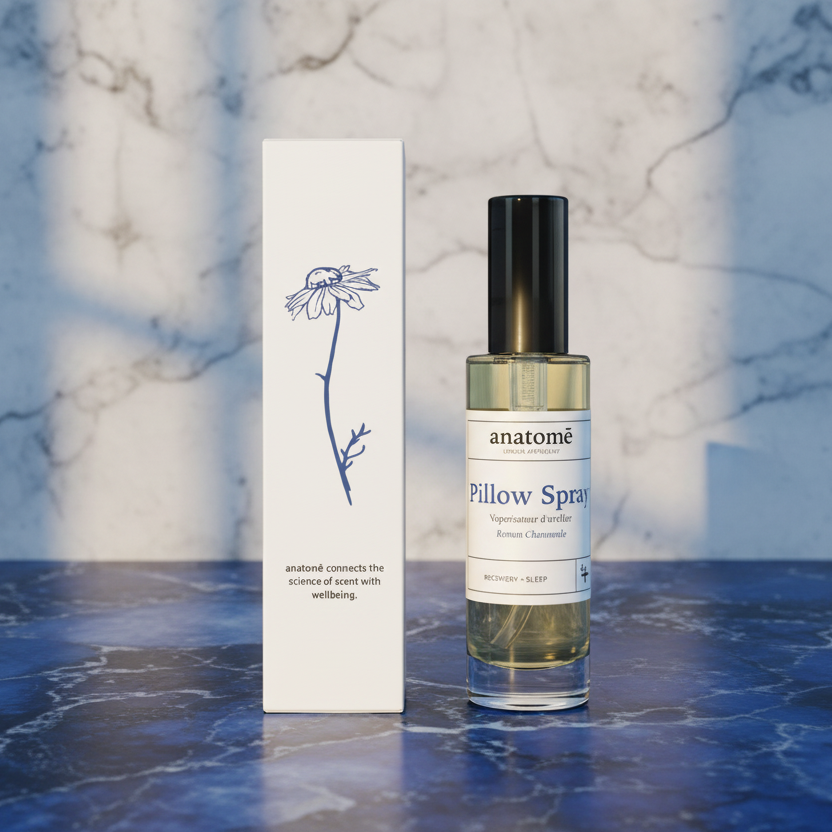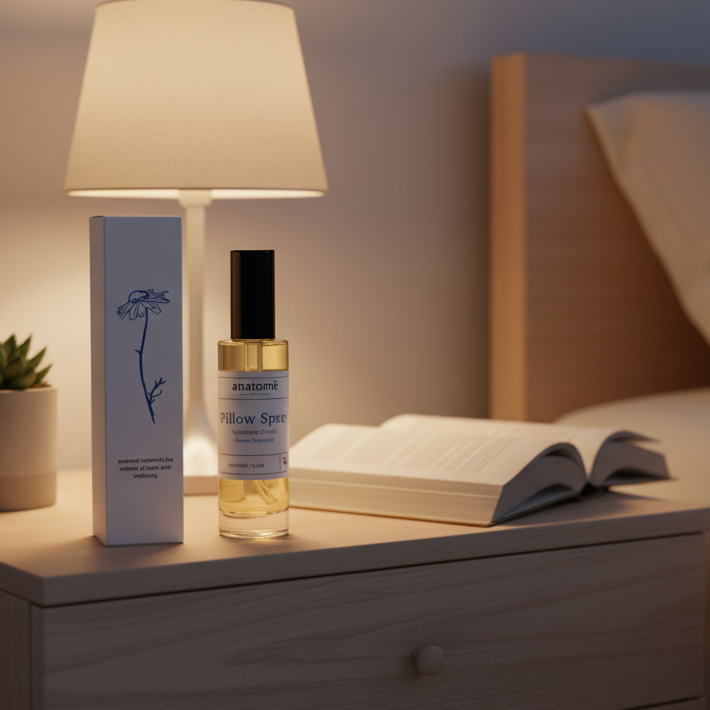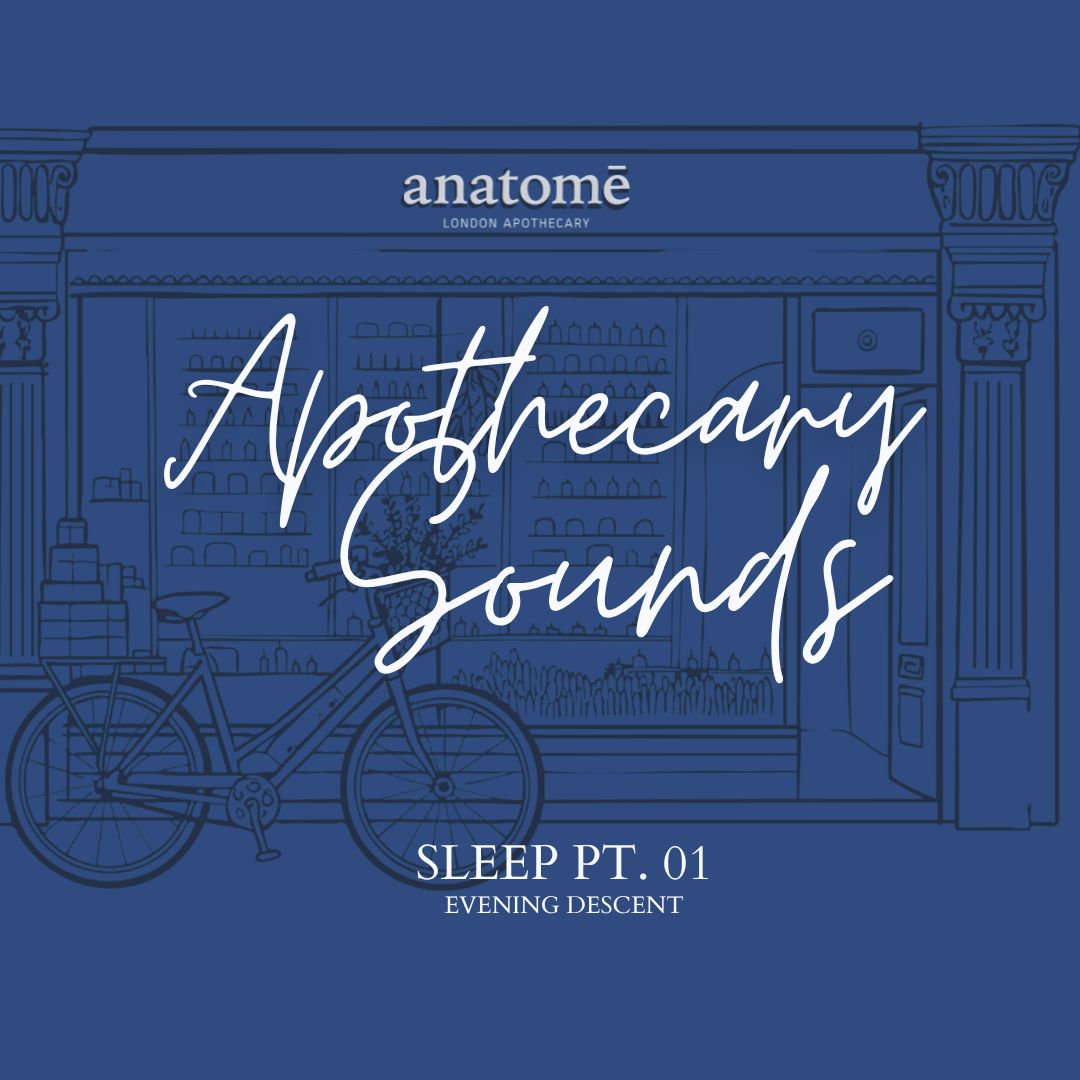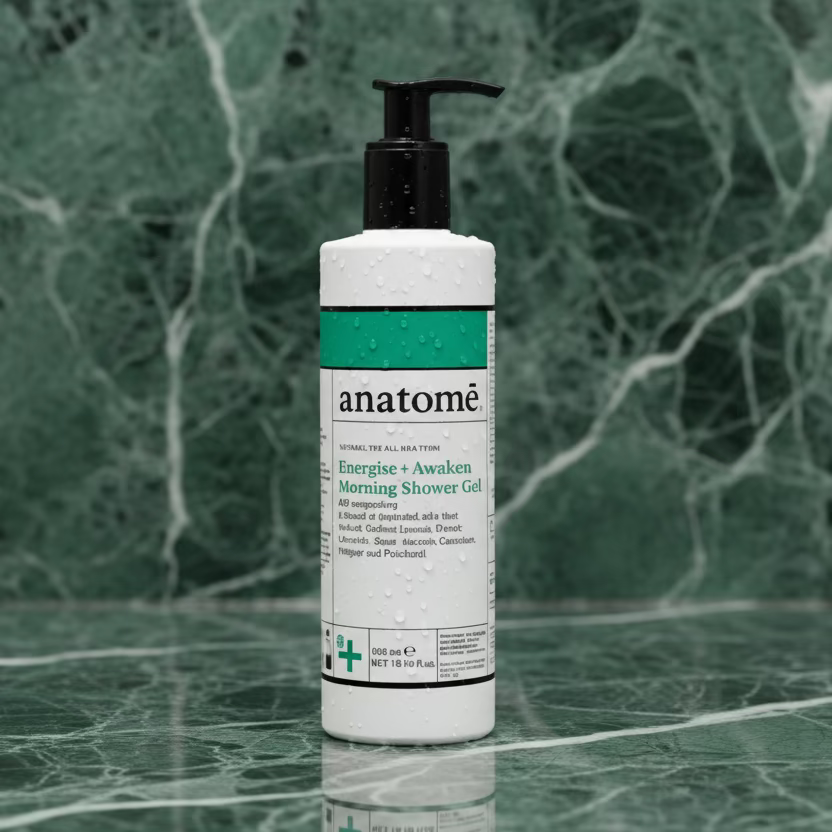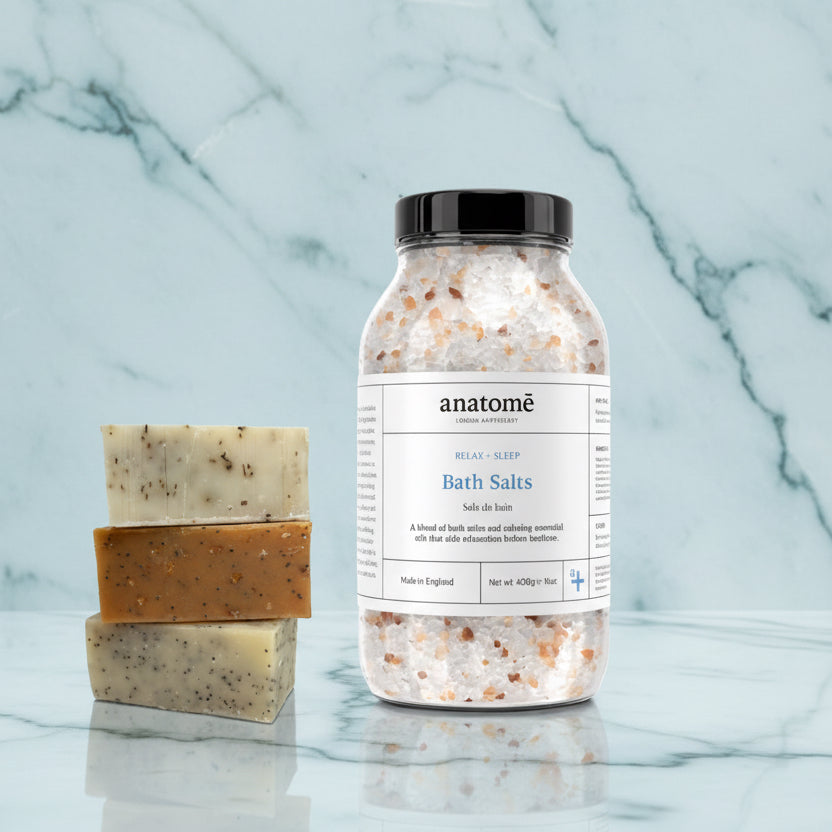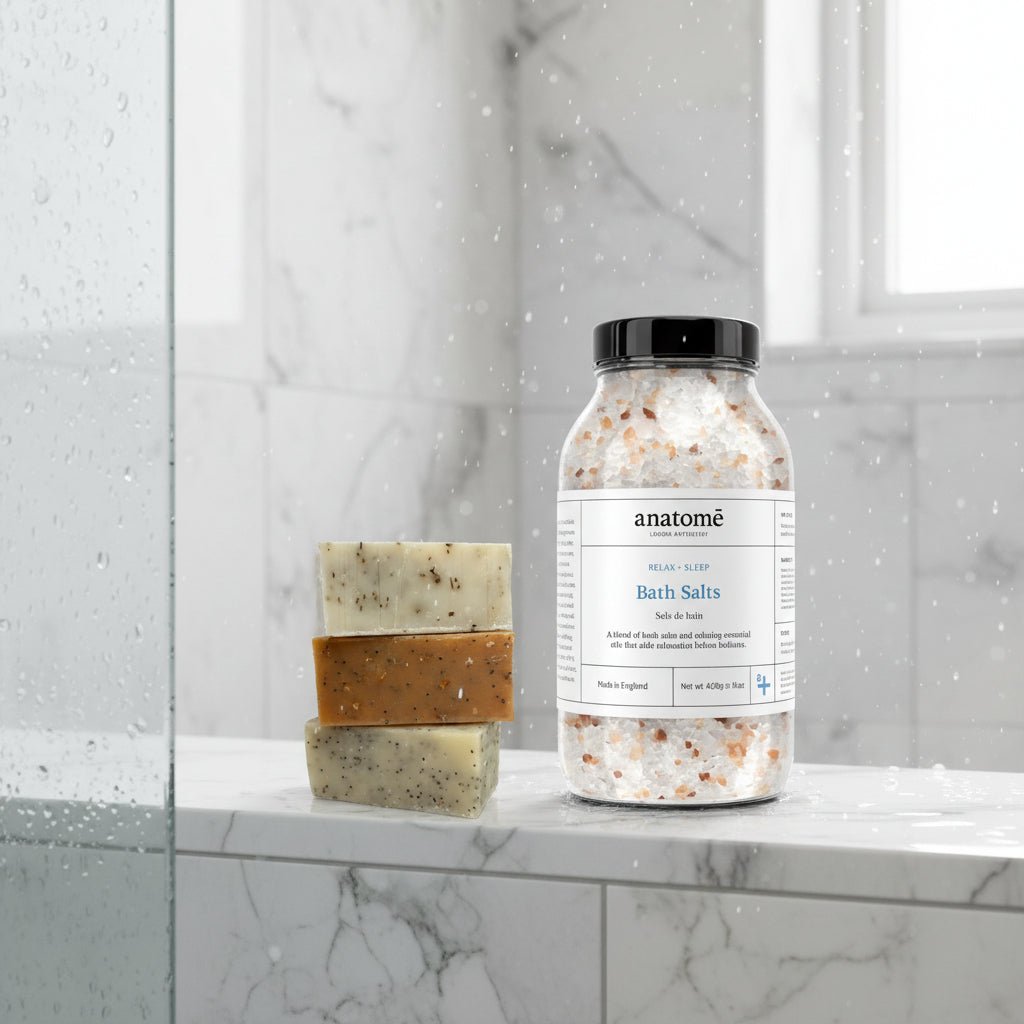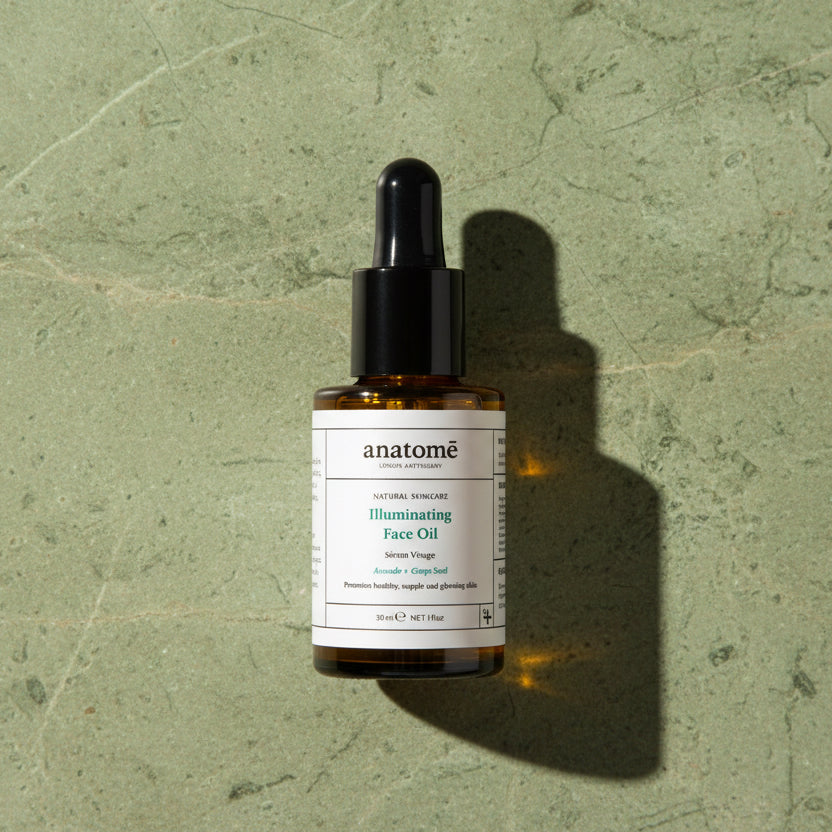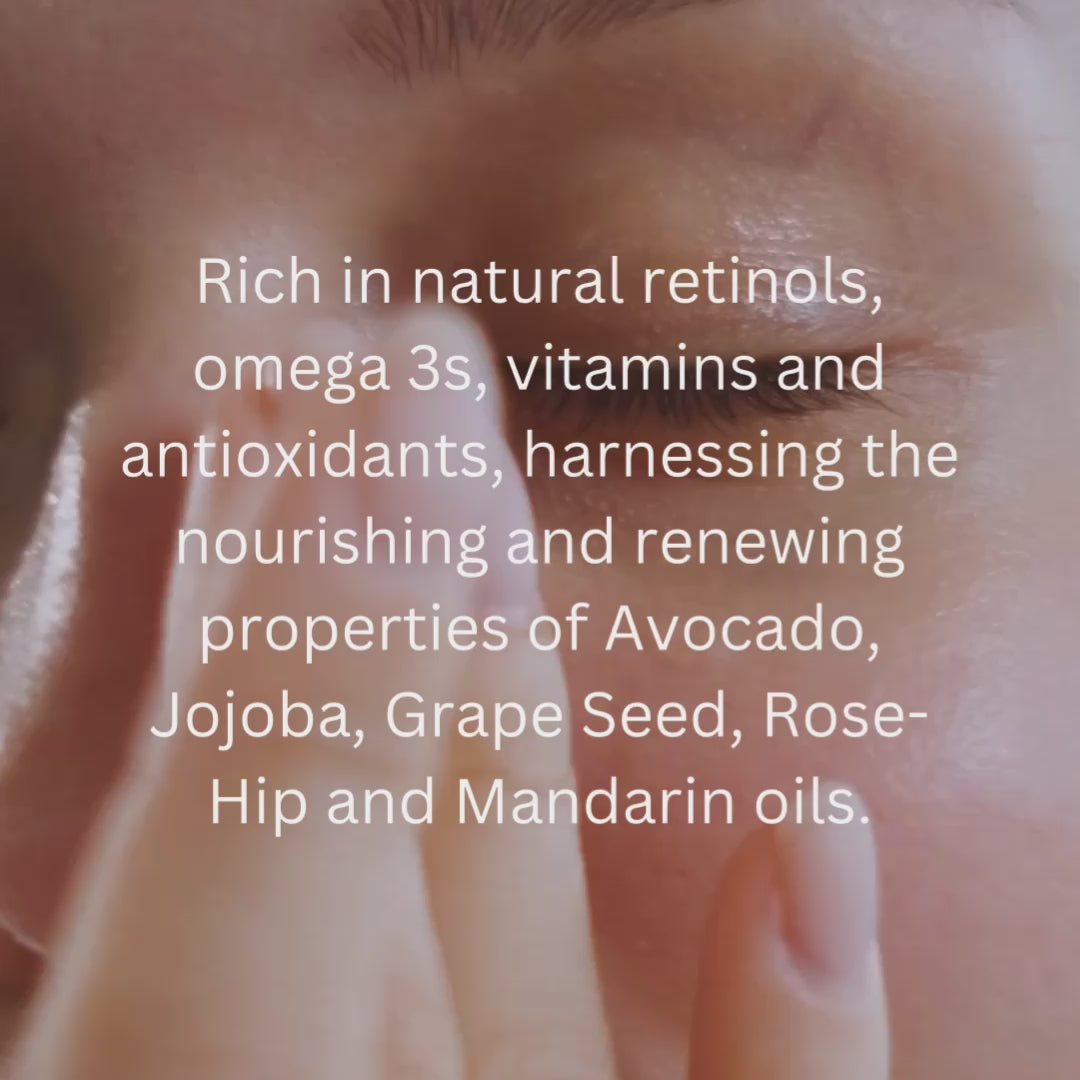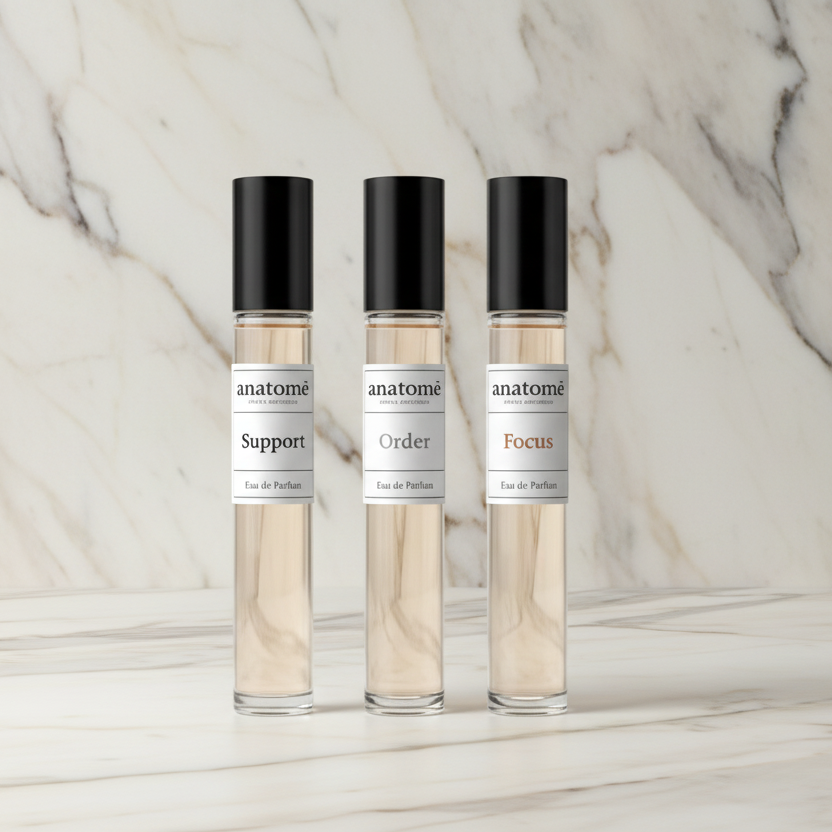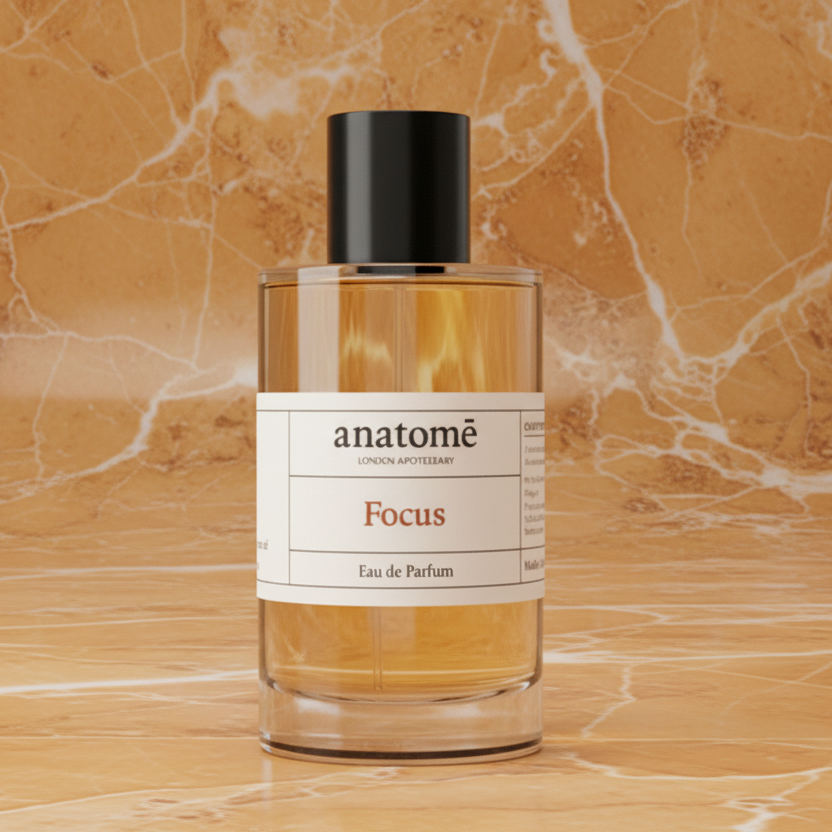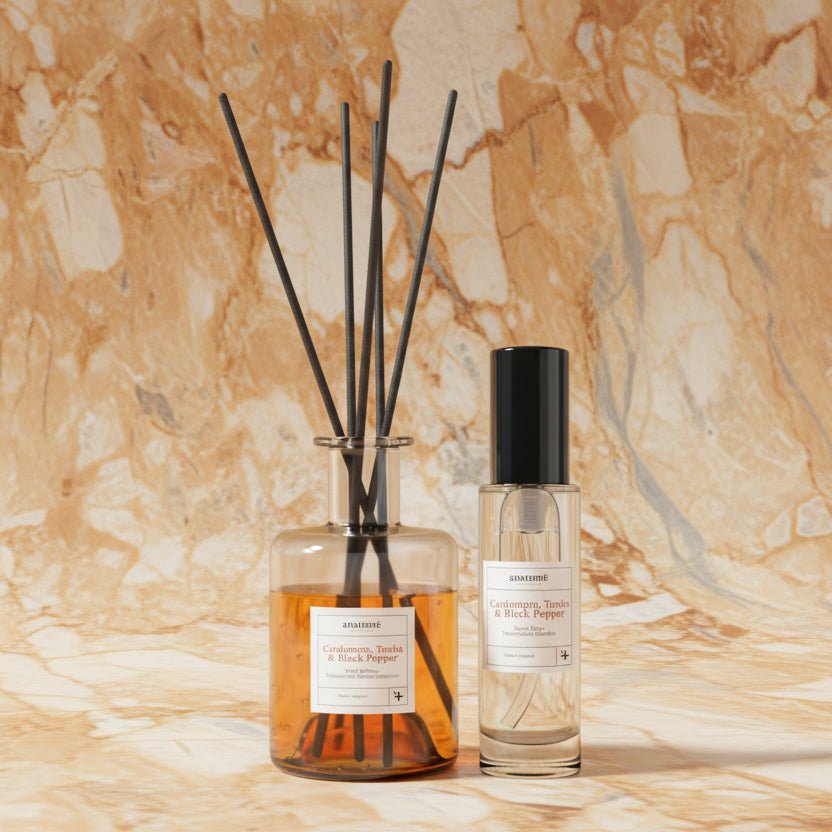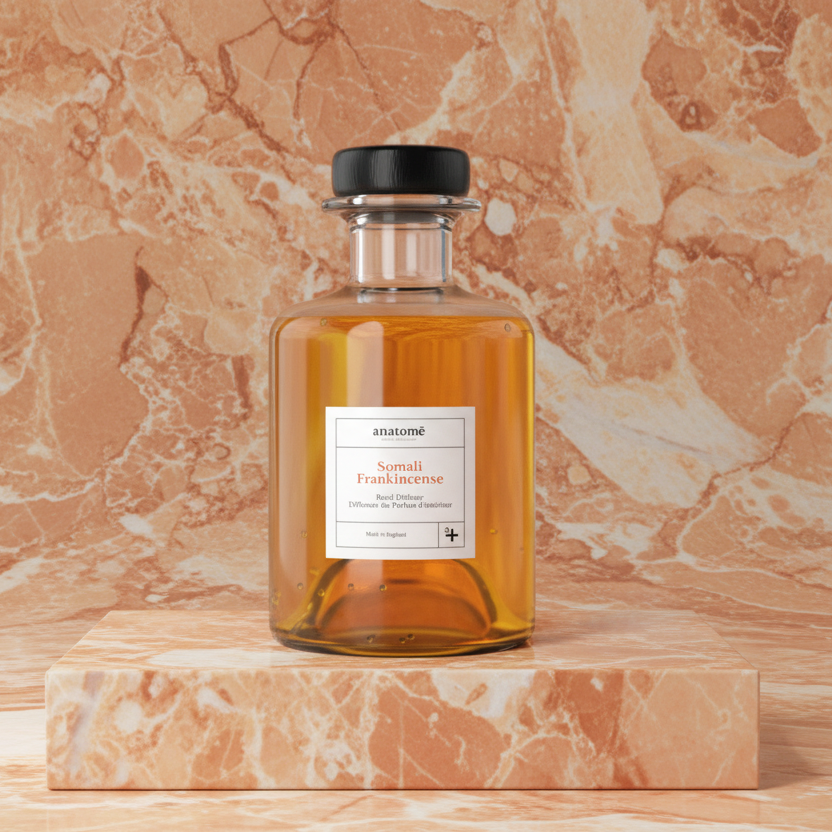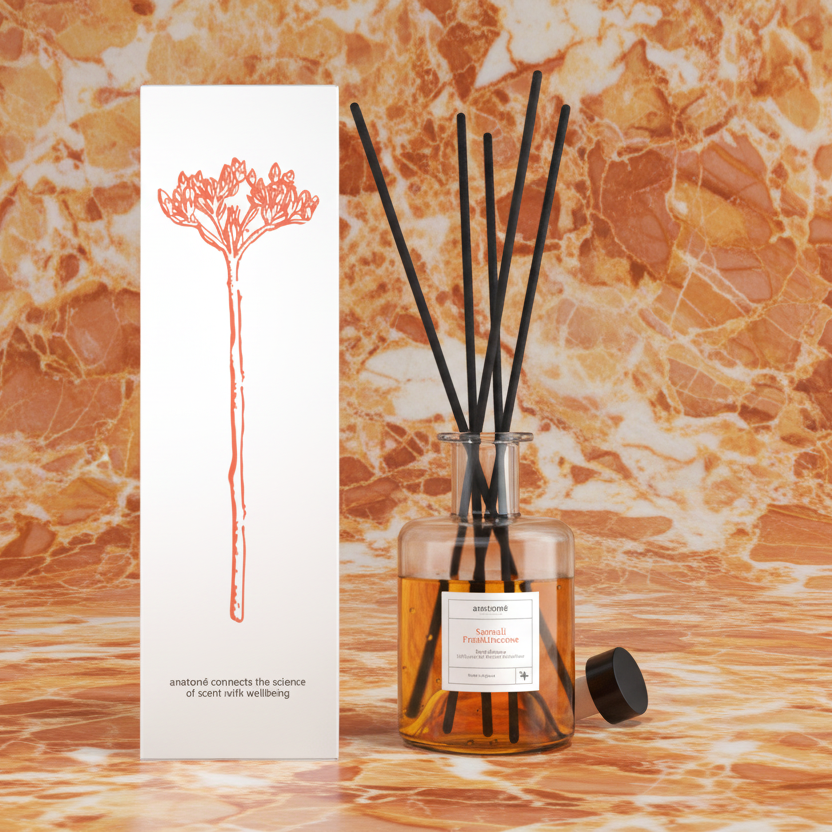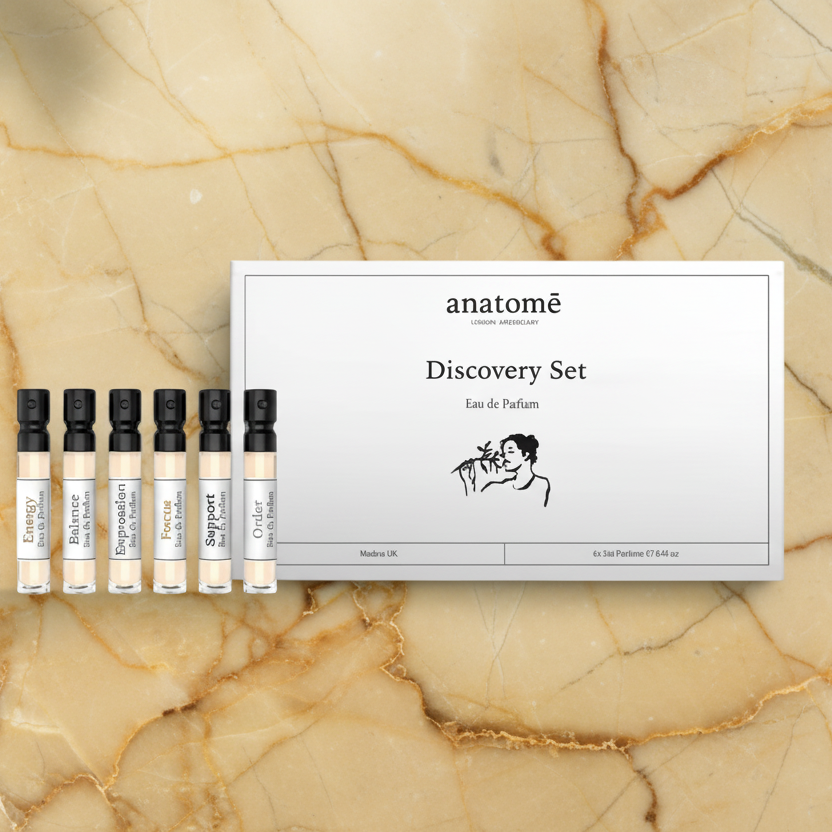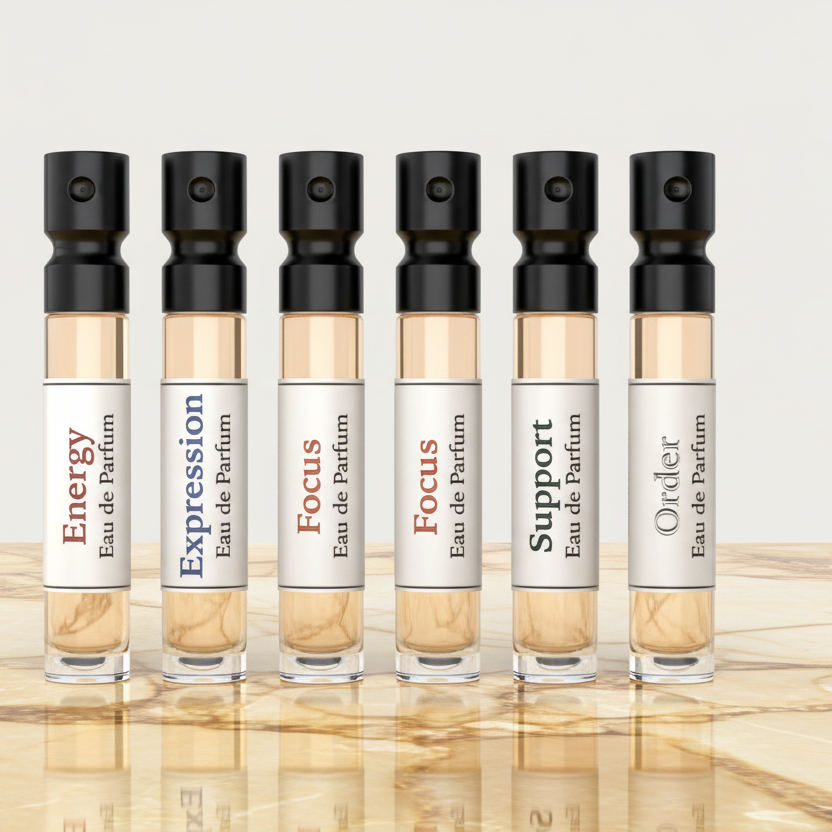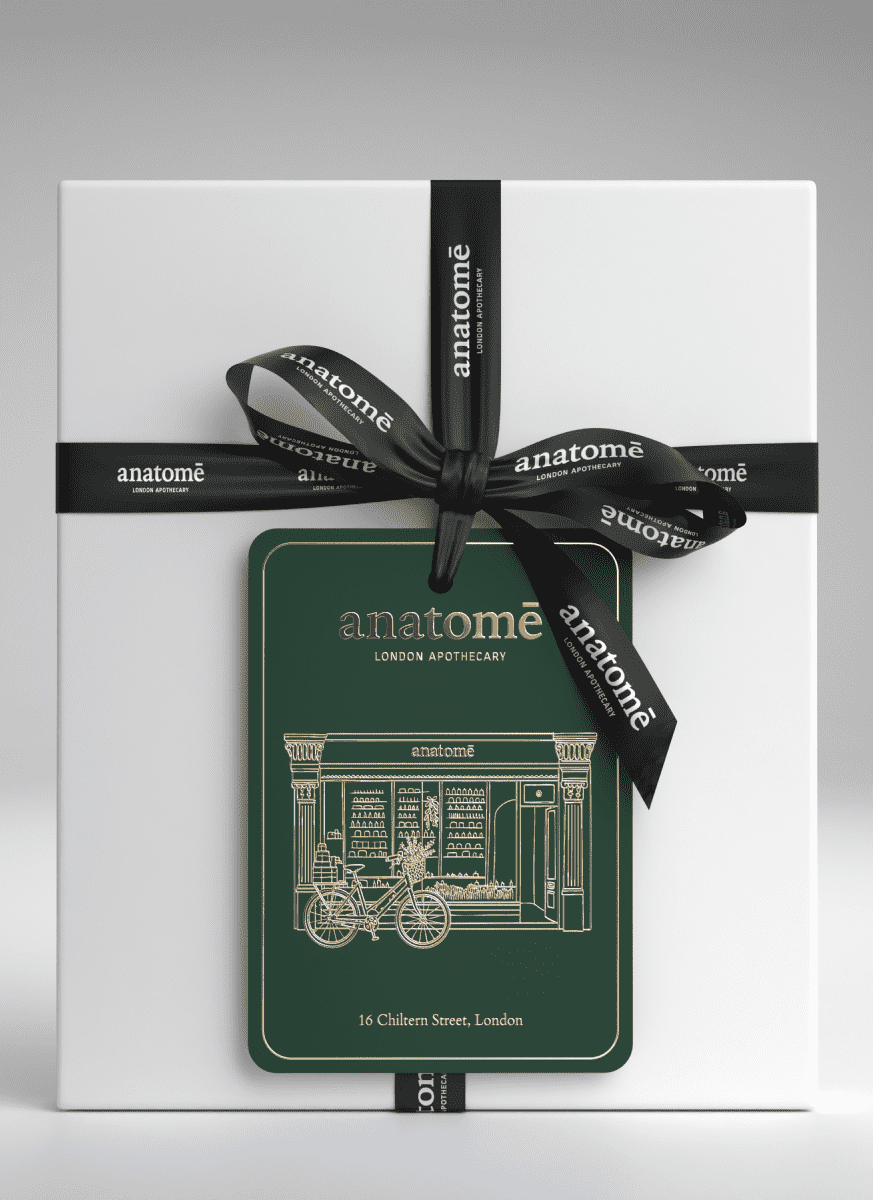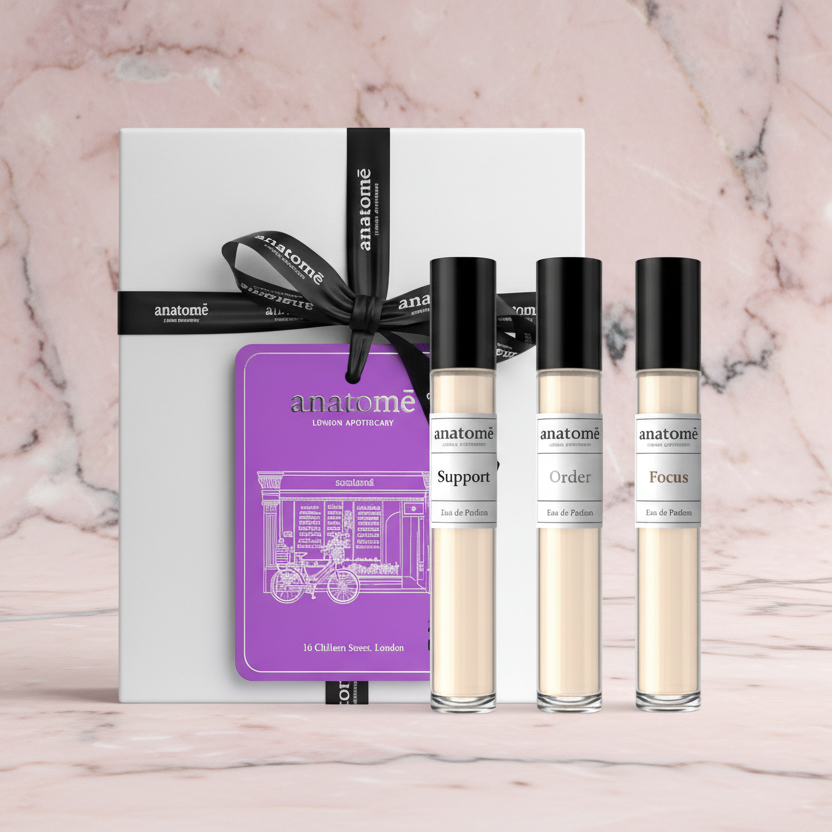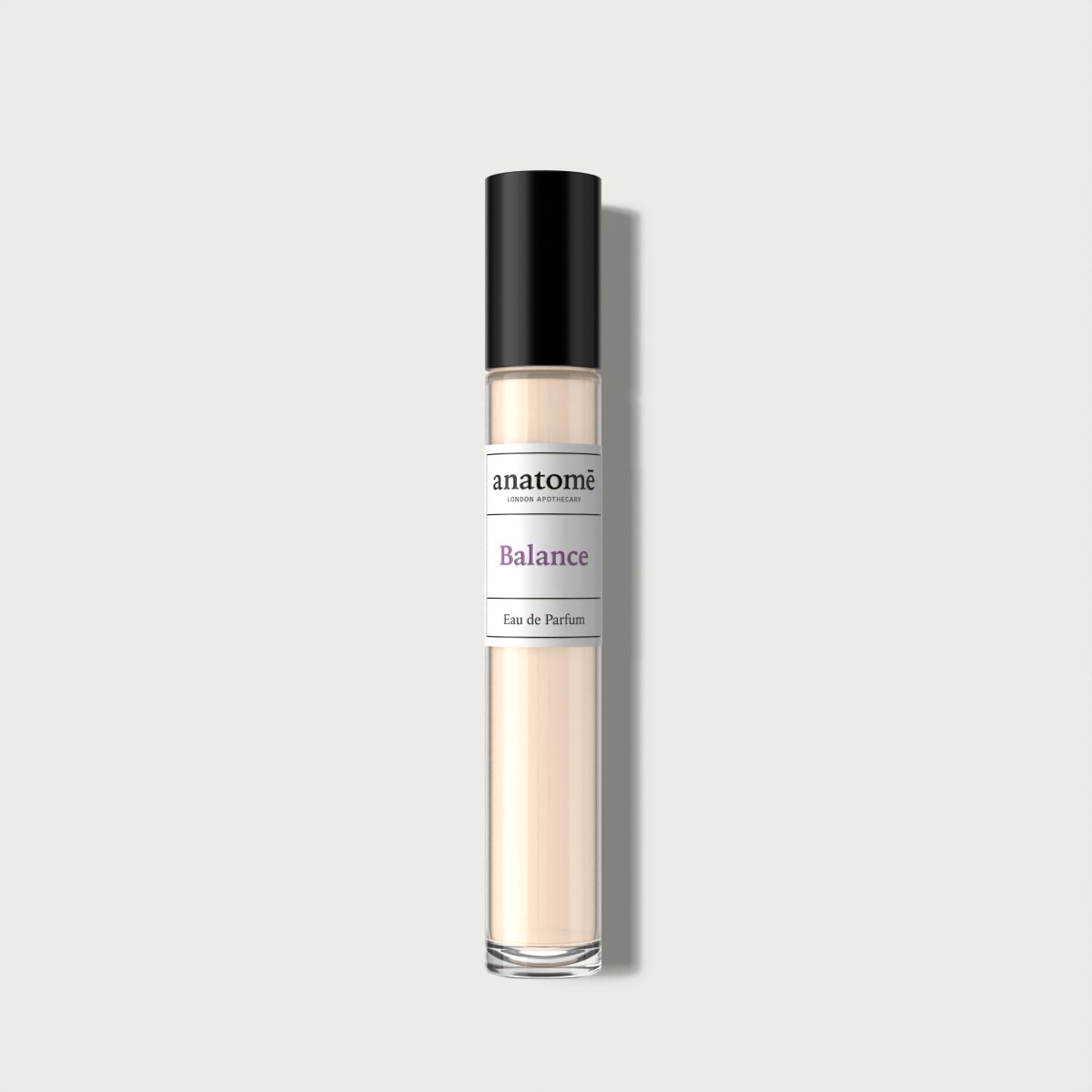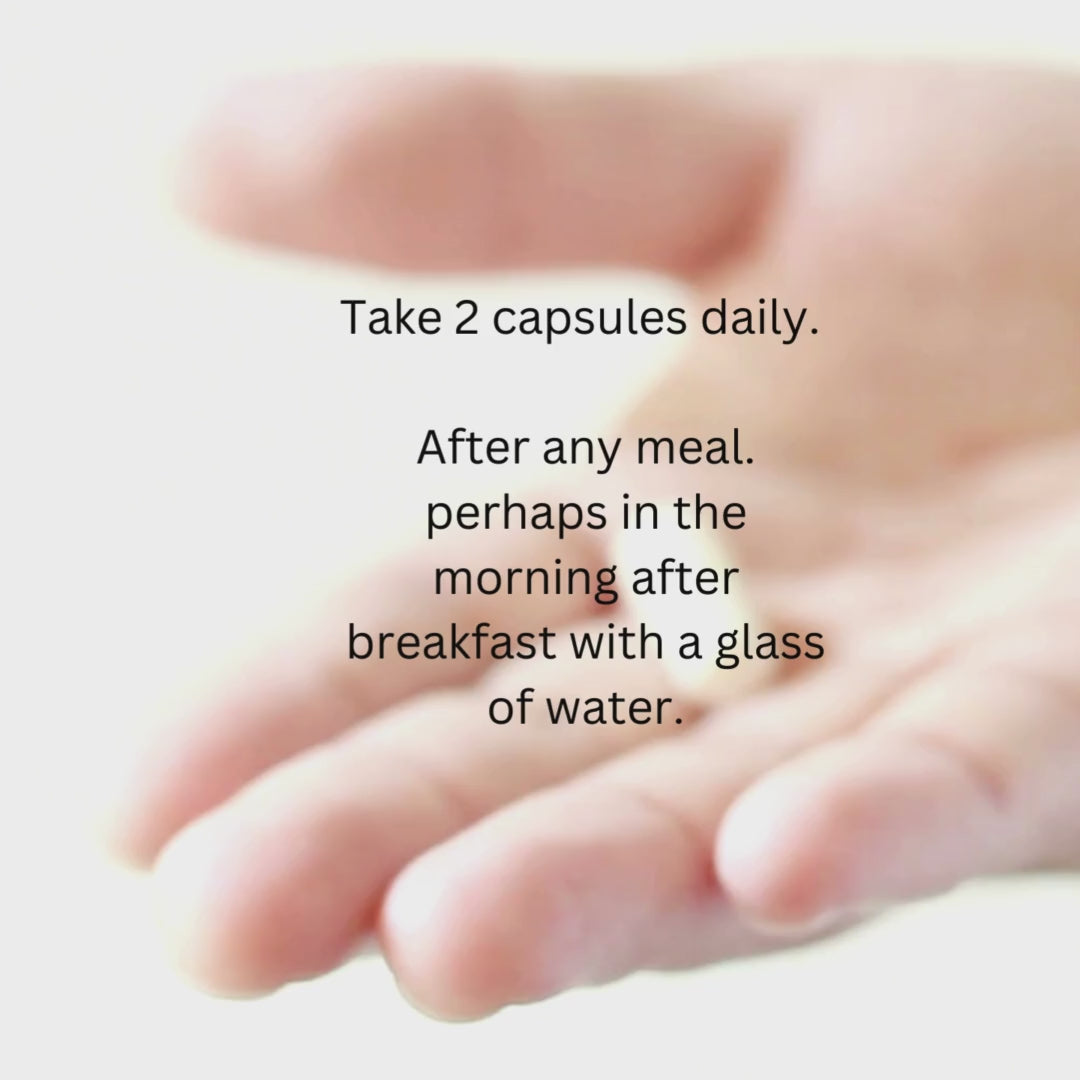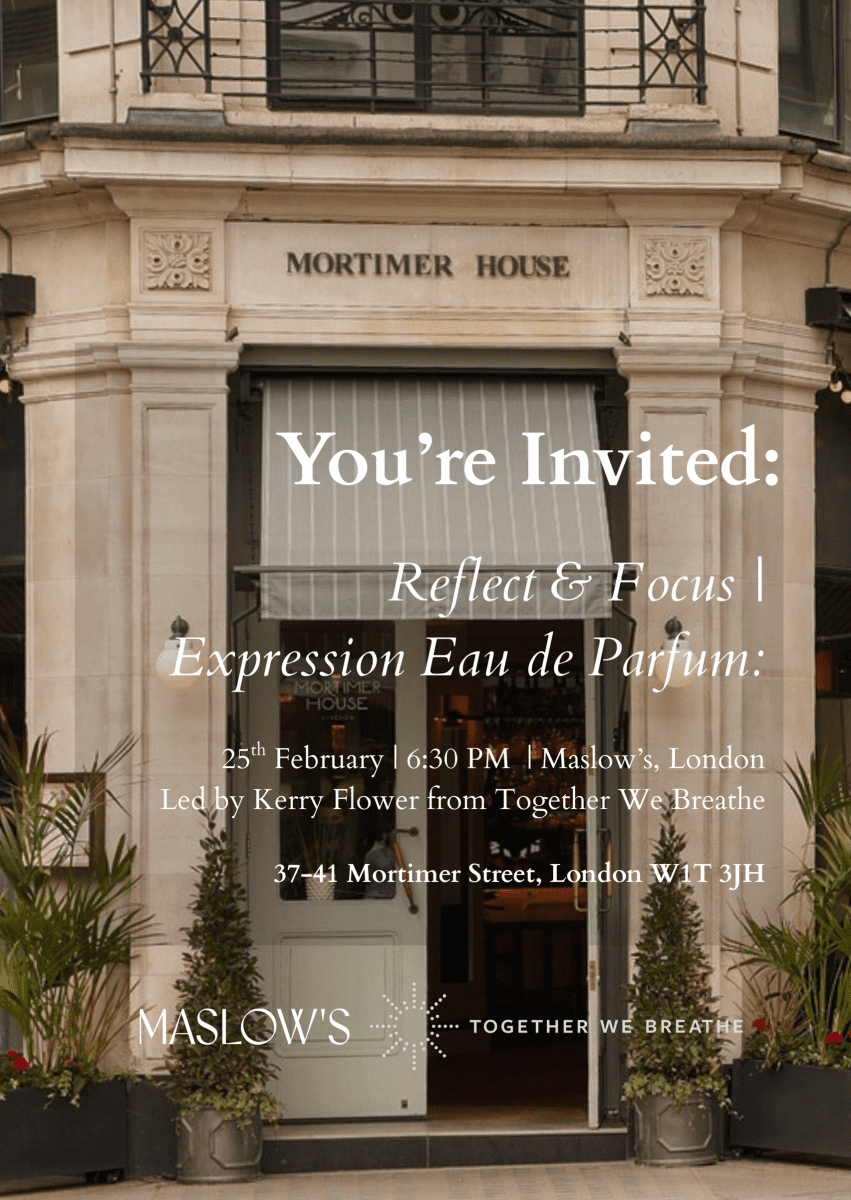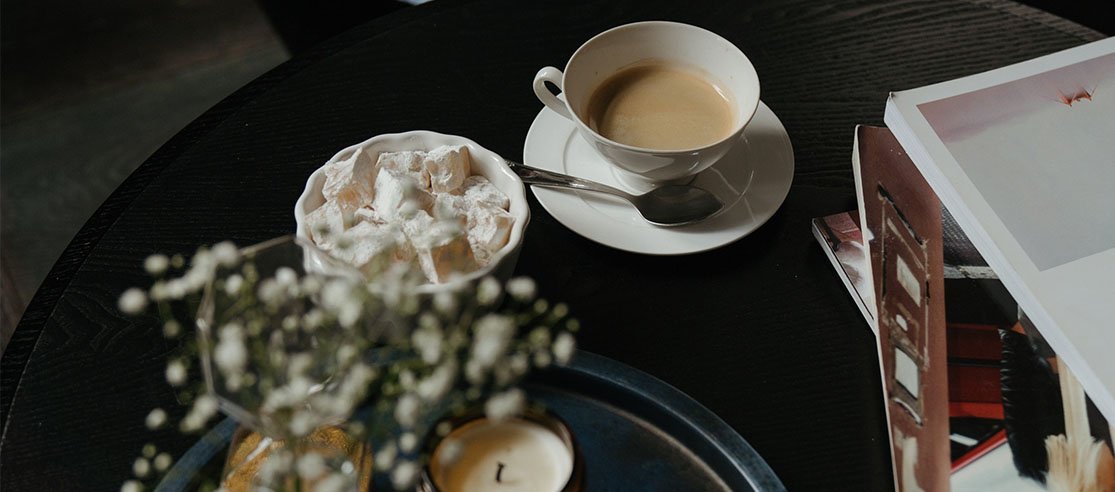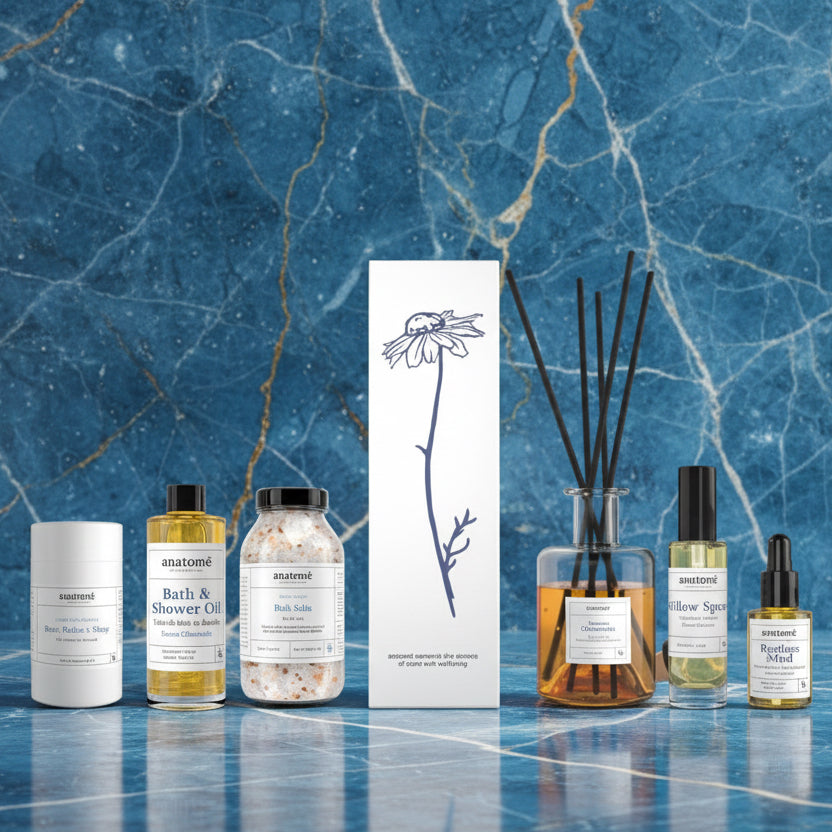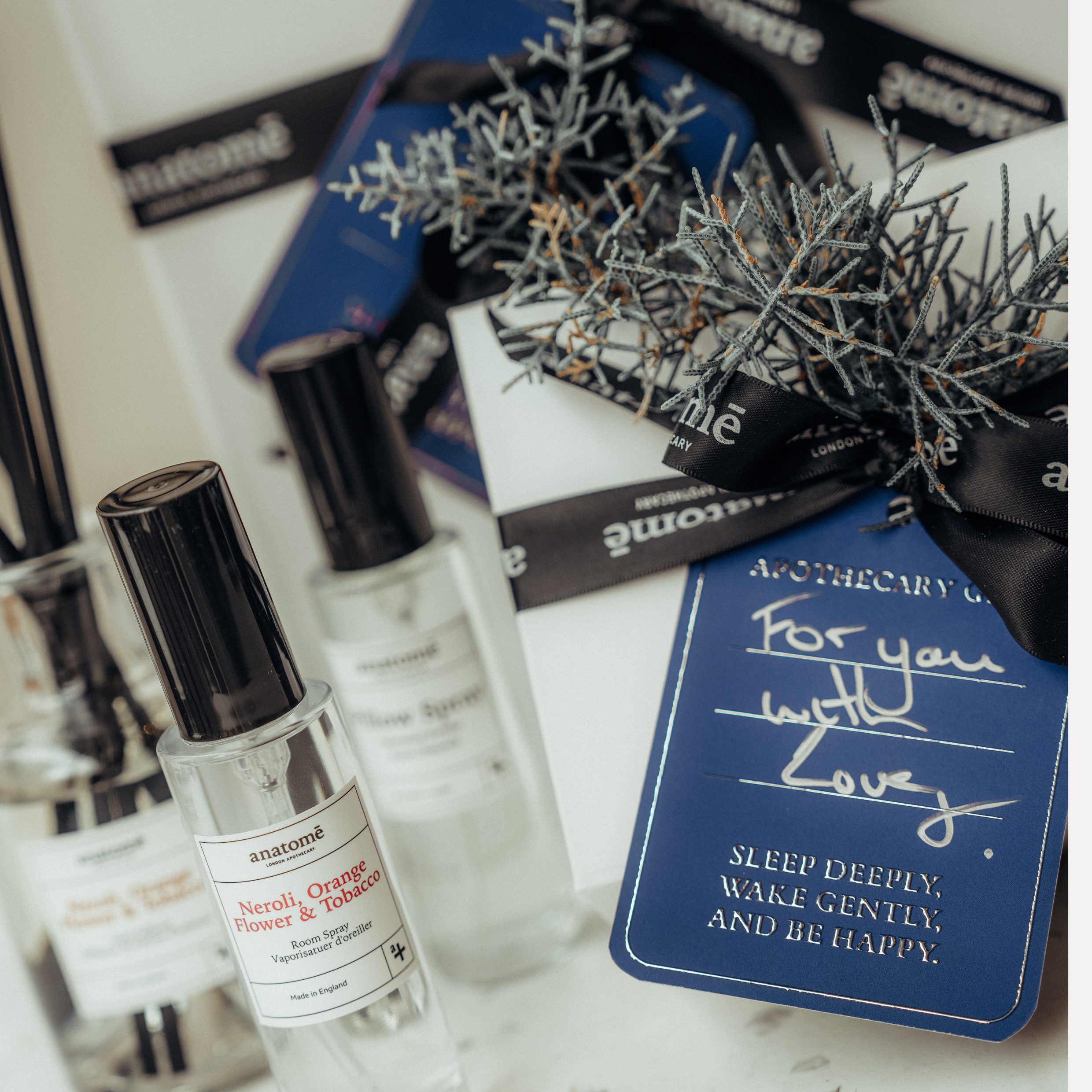Self-care is the practice of intentional actions that preserve your physical and mental health. While we all naturally do things that make us happy, self-care is the act of bringing intention to those things and doing them with the purpose of making yourself feel cared for and better. In unprecedented times of stress, it is so important to take time away from everything and preserve your mental and physical health. In taking care of yourself and putting yourself first, even if it’s only a short period, you end up having more fruitful relationships and are able to improve your overall well being.
In light of the benefits of taking care of yourself, we’ve put together a self-care ritual that can help you find calm and unwind on a Sunday evening before you start your week.
Create an atmosphere.
Light a few candles, scented or not, or use an essential oil diffuser to create a sense of calm and relaxation. Use your favorite scent or a new one that makes you feel excited and happy. You could even use an essential oil that has antimicrobial, antiseptic, and antibacterial properties to literally clean the air that you breathe and help you to breathe better as a result. Remember that the point of doing this is to make yourself feel better, calmer, and cared for.

Dry brush your body.
Dry brushing is an underrated aspect of skin care that isn’t necessarily incorporated into everyone’s routine. It can help reduce the appearance of cellulite, improve your immune system by stimulating the lymphatic system, and exfoliates the skin (1). Doing it consistently is the key to reaping these benefits, so if you incorporate it into your weekly self-care routine, it is sure to help.
In order to do it, take your dry body brush and lightly rub it over your dry skin, starting at your feet and moving upward toward your heart with quick flicks. Ensure you get your whole body and pay close attention to the lymph nodes since this will encourage the lymphatic system to activate. Don’t forget your torso either!
Take a bath.
Nourish your body and mind with a relaxing bath. Include bath salts to help ease your muscle tension and encourage further relaxation. Listen to your favorite music, find a calming playlist, read a book, or do some bath yoga (it exists, we promise). Find a way to relax and let go of all of the tension you might be feeling. When done right, it can be the pinnacle of self-care.

Practice Sound and Music Therapy
Music therapy uses a variety of musical works to help us better tap into our emotions and communicate more effectively, and sound therapy or sound healing combines specific instruments, harmonics and frequencies which help support neurological and psychological healing (2). Our friend Rosey Chan has created a couple of sound baths for the anatomē community to help find relaxation. You can find them on our Youtube Channel.
Nurture your skin.
Now that you’ve exfoliated and cleaned your body, it’s time to nurture your skin using a body oil. Self-massage with a muscle ease oil that will relax your muscles, nourish your skin, and promote a sense of calm. Your skin is your biggest organ, so by taking care of it, you’re taking care of yourself. It helps to keep us safe from pathogens, regulates our temperature, and absorbs nutrients we need from our environment, like vitamin D (3). Massage the oil into your skin to help take care of it and help it do its job to the best of its ability.
Drink a cup of calming tea.
A calming tea helps you to relax and promotes a sense of peace. Chamomile tea, for example, is a great tea for finding rest and relaxation. Its effects have been proven to help with anxiety and is one of few herbs that have been adopted as alternative forms of medicine for generalized anxiety disorder (4). Other teas include Lavender, Peppermint, and Passion Flower, or you can find a blend that works for you.

Practice Sophrology
Sophrology is a mental wellbeing practice that uses simple tools and practices, like breathing, relaxation, gentle movement and visualisation to help relax the body, find sleep more easily, and utilise the power of positivity. Studies have found that practising Sophrology regularly has a beneficial effect on the mind, notably activating the brain’s alpha wave state, which is restorative and creative (5). Our mindfulness expert Dominique Antiglio has created a Sophrology practice for better sleep just for the anatomē community, try out this transformative practice here.
Read a book.
Reading is a great way to help you calm down. In a study by the University of Sussex that was highlighted in the Telegraph, participants' stress levels were raised and then various things were tried to reduce their stress. The cognitive neuropsychologist Dr. Lewis found that, ‘reading worked best, reducing stress levels by 68%’ (6). So find a book you love and let it calm you down.
Reset your mind with essential oils.
Apply essential oils to your sensory points to promote a sense of calm and a sense of being cared for. The sensory points are areas in the body that have a high concentration of nerves. By placing a calming essential oil onto the sensory point, you are able to support a sense of inner calm and receive the effects of the essential oil more strongly. For sleep, the sensory points include the soles of your feet, your earlobes, and your neck since these points are linked to the limbic system and help to activate your sleep response.

Get a good night of sleep.
The best thing we can do for ourselves is to sleep. It is restorative, helps to take care of our immune system, encourages healing, and helps to reduce anxiety. In finding a way to sleep well, you are able to take care of yourself (7). When you include sleep as a self-care step, it will help you to prioritise it and make it have more of an impact in your life. Be sure to leave your phone in another room and keep gadgets outside of the bedroom since their blue light can disrupt your circadian rhythm.
References:
- https://health.clevelandclinic.org/the-truth-about-dry-brushing-and-what-it-does-for-you/#:~:text=The%20mechanical%20action%20of%20dry,make%20you%20feel%20invigorated%20afterward.
- https://www.britishacademyofsoundtherapy.com/what-is-sound-therapy/
- https://www.ncbi.nlm.nih.gov/pubmed/18456568
- https://www.nccih.nih.gov/health/chamomile
- https://be-sophro.com/science-of-sophrology/
- https://www.telegraph.co.uk/news/health/news/5070874/Reading-can-help-reduce-stress.html#:~:text=Reading%20worked%20best%2C%20reducing%20stress,lower%20than%20before%20they%20started.
- Walker, M.P. (2018). Why we sleep : unlocking the power of sleep and dreams. New York, Ny: Scribner, An Imprint Of Simon & Schuster, Inc.

